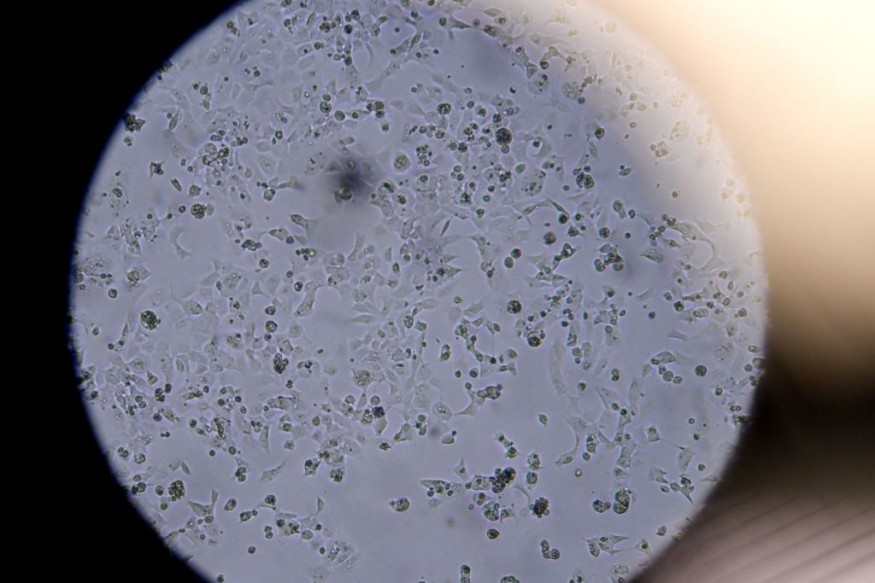
Antimicrobial susceptibility is a significant issue that health professionals and collectives are working to address. Aid might be on the way shortly, thanks to the finding of a novel molecule that may efficiently manage drug-resistant bacteria.
The chemical is known as fabimycin, as well as it may one day treat a number of the toughest difficult illnesses that people face.
Drug-Resistant Bacteria
The current and prospective medication addresses gram-negative bacterium, a kind of bacterium that causes problems in the urinary bladder, airways, as well as the pulmonary vein, as per Science Alert. Their toughness is attributed to a tough protective layer that protects the barrier from harmful compounds such as medicines.
Furthermore, the research at an English care facility which was posted under the ACS Central Science, discovered that one-third of those with gram-negative bacterium harmful bacteria and viruses perished within a single year, indicating the difficulties in controlling strong germs.
In their scientific report, the authors conclude that the genomic investigations and trials using permeability-deficient variants indicate identified a range of biologically active compounds that could be activated to eradicate gram-negative microbes.
Unfortunately, the infections' strong protective membranes and indiscriminate signal transduction preclude several prospective medications from accessing these receptors.
Fabimycin avoids these issues by slipping past the exterior cytoplasmic membrane, circumventing the transporters that eliminate unwanted particles, allowing the monomer to concentrate where it may cause the substantial damage. The chemical also avoids clearing a large number of beneficial bacteria, which is yet another difficulty with conventional therapies.
In the study done, the researchers according to the Journal of Global Antimicrobial Resistance, began with an antimicrobial that was recognized to be successful fighting gram-positive pathogens and created different conformational modifications to provide the compound the ability to penetrate the formidable protections of gram-negative germs.
Additionally, in testing, fabimycin was effective against over 300 different species of drug-resistant microorganisms. Furthermore, in preclinical studies, it was demonstrated to lower tiers of microbial pathogens in animals with bacterial meningitis or urinary bladder problems to pre-infection concentrations.
Findings on a New Molecule
Considering the good potential interaction of fabimycin in transgenic mice experimental systems as well as stimulating relevant information that fabimycin is significantly quite reliable in rat as well as anthropogenic bloodstream, Headtopics reported.
Likewise, it is sensible to genuinely think that fabimycin effectiveness might very well continue improving as it is employed to cure disease in different eukaryotes."
It's not frequently that antimicrobial agents that could perform on gram-negative microorganisms are discovered, so the manufacture of fabimycin is a hopeful advance.
Experts are learning a great deal of information concerning gram-negative bacteria as the years progresses on, be it about how it's built altogether at the cellular scale or how it operates within the system. All of the knowledge is useful in determining how to mitigate the harm.
There is still more to be accomplished for fabimycin can be combined into a medicine that is routinely administered, however the indicators are promising. It will undoubtedly be strong enough to hold a watch on as experts prepare it for application in human trials.
As what the investigators conclude, fabimycin's efficacy, together with its extremely low impedance prevalence as well as total absence of pre-existing susceptibility, speaks positively for its transcription, as per Study Finds update.
© 2025 NatureWorldNews.com All rights reserved. Do not reproduce without permission.





